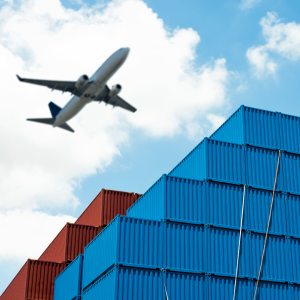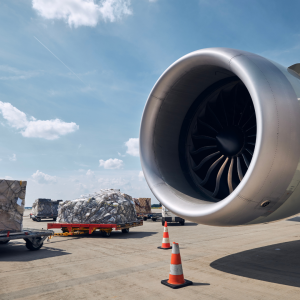 In today’s fast-paced global market, getting goods from one place to another quickly can make all the difference. As businesses strive to meet customer demands and manage supply chains efficiently, air freight emerges as a vital option. However, with higher air cargo pricing compared to other modes of transport, understanding when air freight is worth the cost is crucial for any business.
In today’s fast-paced global market, getting goods from one place to another quickly can make all the difference. As businesses strive to meet customer demands and manage supply chains efficiently, air freight emerges as a vital option. However, with higher air cargo pricing compared to other modes of transport, understanding when air freight is worth the cost is crucial for any business.
Speed as a Strategic Advantage
Several factors, including weight, size, distance, and the specific routes, influence air freight rates. Air freight is almost always more expensive than land or sea transport because of the speed and convenience it offers. When calculating air freight costs, businesses must consider both the base rate and additional surcharges. These can include fuel surcharges, security fees, customs duties, and other related expenses.
Security for High-Value Shipments
The primary advantage of air freight is speed. When time is of the essence and the delivery of goods cannot be delayed, air freight is the best choice. This is especially true for perishable goods, high-demand products, or time-sensitive materials needed for production. For critical shipments that require even more specialized handling, air charter services offer a tailored solution with maximum flexibility and speed.
Air freight is often the preferred choice for transporting high-value goods. The enhanced security measures and reduced transit time mean less risk of damage or theft, making it a safer option for luxury items, electronics, and other valuable products.
 Is Air Freight Worth the Cost?
Is Air Freight Worth the Cost?
To determine whether air freight is worth the cost, businesses should conduct a thorough analysis of air freight costs. Consider the following:
- Total Cost vs. Value of Goods: Compare the cost of air freight with the value of the goods being shipped. If the goods are of high value or if their timely delivery adds significant value, the higher price may be justified.
- Impact on Supply Chain: Assess the impact of air freight on the overall supply chain management. Faster delivery can mean reduced inventory holding costs and improved cash flow, potentially offsetting higher shipping costs.
- Customer Satisfaction: In some cases, meeting customer expectations for rapid delivery can significantly enhance customer satisfaction and loyalty, ultimately leading to long-term business benefits.
Making the Right Choice
Ultimately, choosing air freight depends on balancing the need for speed against the cost. Businesses must weigh the urgency, value, and impact on the supply chain to make informed decisions about their actions. While air freight rates can be steep, the benefits of reduced transit times, enhanced security, and meeting customer demands can often justify the expense.
Logistics Plus Air Freight Solutions
Are you looking for a reliable and trusted full-service air freight partner to get your freight in the air and to its destination? Look no further. Logistics Plus has years of experience working with our airline partners to make sure your deadlines are met.
Contact us today for more information or to request a no-obligation quote.

